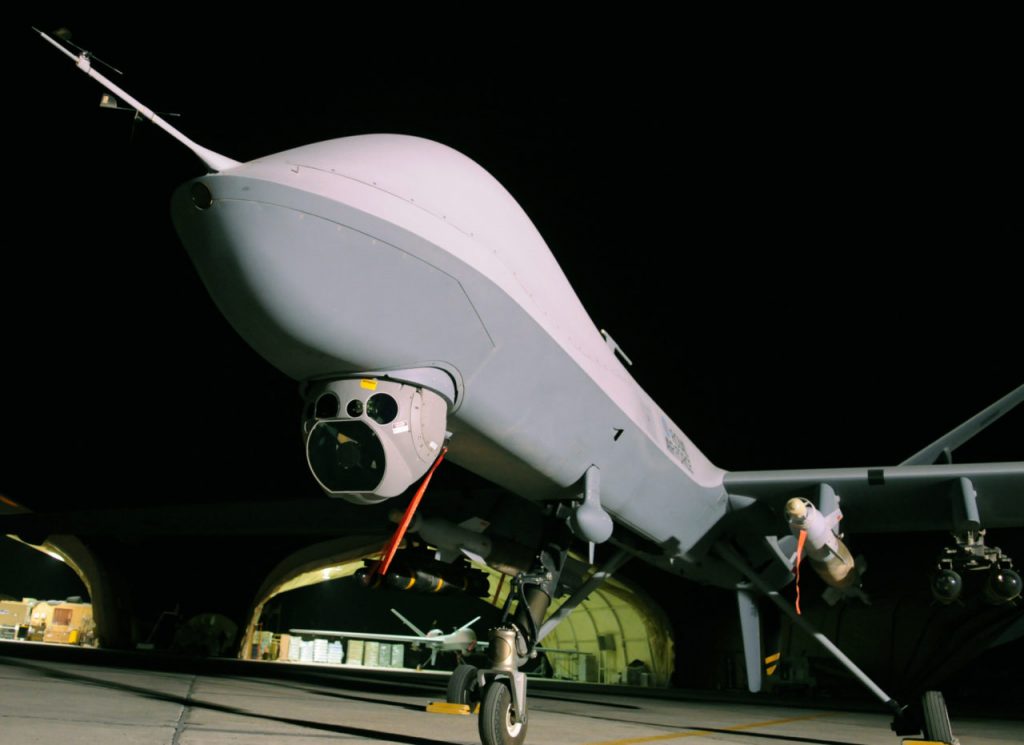
The Bureau has decided to change how it presents its data on Yemen and Somalia to make our datasets more user-friendly.
Our database records all reported US counter-terrorism operations in the two countries, dating back to November 2001 in Yemen and January 2007 in Somalia.
Many of these were reported as drone strikes, whilst others are more ambiguously described merely as “strikes”. The US has also carried out several ground raids with special forces and at least two attacks with cruise missiles. In Somalia, a US gunboat also bombarded al Shabaab fighters on the shoreline.
We had been pulling all air strikes reported to have been carried out by drones into their own year-by-year summaries in the datasets for the two countries. All other strikes would then fall into the category of “other US operations”.
However, events this year have made it evident that our method could be tweaked to give a clearer picture of the air war in these countries.
For example, during the massive US bombardment in Yemen in March and April, the US announced how many strikes it had carried out, but did not specify whether they had used a drone in most of these cases. This means that 95 per cent of the strikes were presented as operations in our year-by-year summaries, giving the casual viewer the impression we had omitted them from our tally entirely.
Because of this, we have decided to re-organise how we aggregate the individual strike figures. We are now pulling all air strikes, including those reported to have been carried out by a drone, into the same tally.
We have also added another year-by-year summary into the Somalia dataset, which pulls in all possible strikes. Prior to this, we had a single summary which included confirmed strikes as the minimum number of strikes and possible strikes included in the maximum.
The “other US operations” category will now tally ground operations, such as special forces raids, and the naval bombardment and the cruise missile attacks.